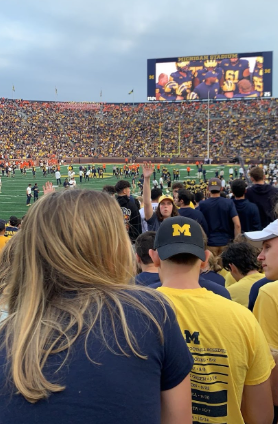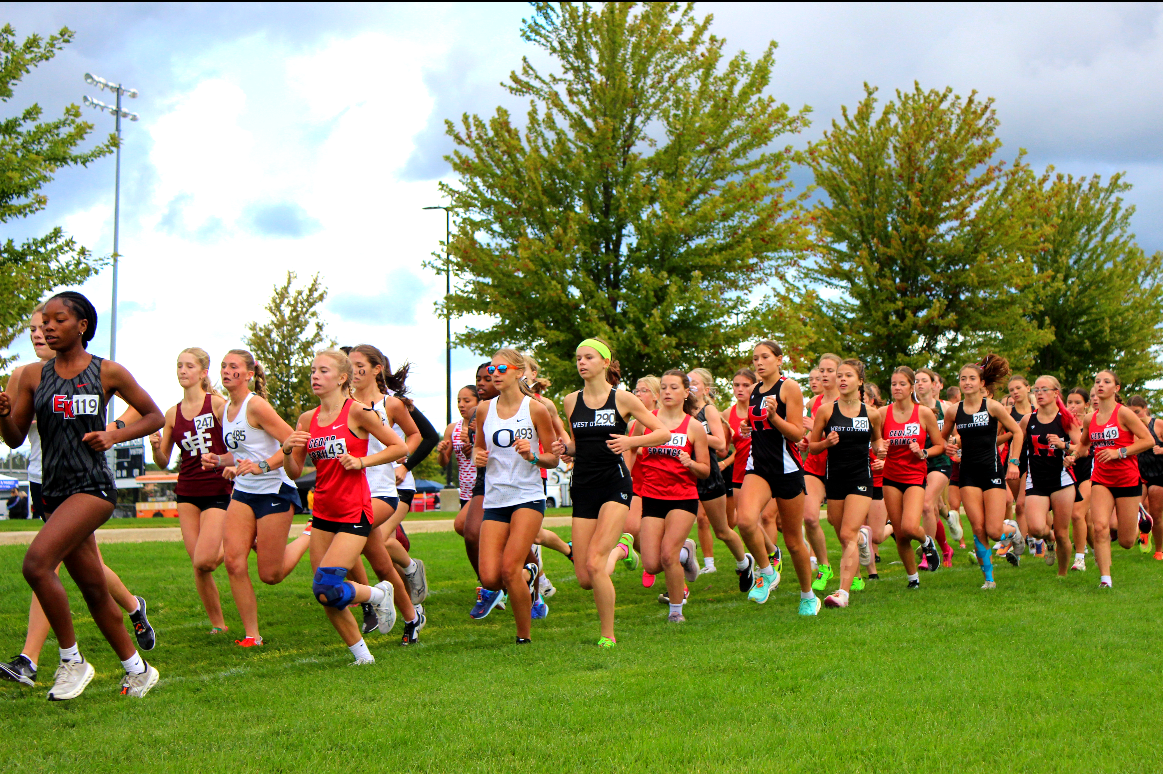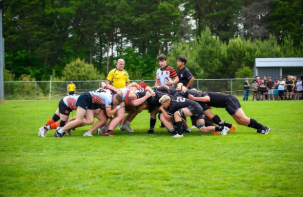
With the constant increase in popularity in professional sports, it has become clear that there is more than meets the eye. Professional sports have a unique impact on cities and people that cannot be seen anywhere else. Professional sports not only promote economic growth, but they create a better sense of community, all while inspiring people, influencing people, and spreading information.
It’s January 8, 2009, and the University of Florida football team is suiting up to play against Oklahoma in the BCS National Championship game. Before the game, Florida quarterback Tim Tebow writes John 3:16 (a Christian Bible verse) on top of his eye black. The Florida football team went on to beat Oklahoma, hence, making them national champions. Nothing too crazy right? However, on January 8, 2012, exactly three years later, Tim Tebow and the Denver Broncos defeated the Pittsburgh Steelers in an NFL playoff game. During the game, Tim Tebow threw for 316 yards, ran for 3.16 yards per carry, and his yards per completion were 31.6 (the highest in NFL playoff history). Additionally, the time of possession was 31:06, the ratings for the game were 31.6, and a total of 90 million people googled “John 3:16” during the game.
All it took to influence 90 million people into learning a Bible verse were a couple of football games and improbable coincidences within the numbers, despite it being a struggle for many organizations to spread Christianity in the modern world. Quarterback, Tim Tebow’s story is just one of many examples of the impact that professional sports have on society today.
Although it is recognized that sports have a large and positive effect on people and cities, it is still possible that the true importance of professional sports goes unnoticed. Having a professional sports team in a city does things like create jobs and promote tourism, which is a huge benefit for the city’s economy. Take the 2023-2024 Detroit Lions for instance. The Detroit Lions’ first home NFL playoff game in 32 years (January 14, 2024) brought in twenty million dollars for the city of Detroit just from tourists doing things like spending money at local businesses and city transportation.
Crazily enough, the city of Detroit topped those earnings the following weekend when the Detroit Lions hosted the Tampa Bay Buccaneers in the second round of the NFL playoffs (January 21, 2024), where the Detroit Lions assisted the city in bringing in more than 50 million dollars in just one night on related tourism spending. It is mind-boggling that if those two playoff games ceased to exist, the city of Detroit would lose out on a whopping 70 million dollars in economic impact.
Just with that money, the city of Detroit is now able to build/renovate buildings, upgrade public transportation, further prioritize public safety, and develop its local government. The economic impact of professional sports should not fly under the radar, as it is an excellent way to boost a city’s economy.
Not only did the Detroit Lions impact the city of Detroit economically, but they also had a remarkable emotional influence on the city. During head coach, Dan Campbell’s tenure with the Lions, his motto has always been that success is built on grit. Campbell has an intense, yet motivating personality that has helped him find his way into the heart of every person living in Detroit and even other cities. Because of this, the people of Detroit have rallied around the Detroit Lions, which has only made the people of the city inspire themselves, creating an inspiring scene in a city that has dealt with so much struggle in the past.
With all of professional sport’s financial impacts and galvanizing stories, it is hard to ignore how important of a role they play in developing/maintaining a city. And while most people already have a favorite team or are interested in sports, there should be even more focus projected on professional sports and more money needs to be invested in them. The benefits of professional sports should not be neglected, as developing pro sports must become a priority for city governments.







